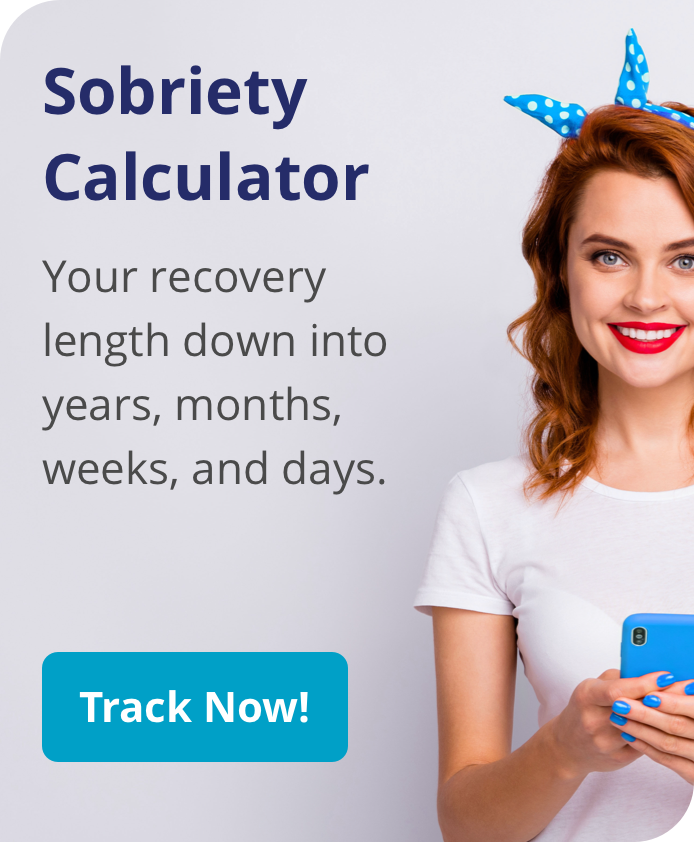A substance use disorder or mental illness can lead to significant personal challenges. If you suffer from either disorder, you need to know you’re not alone. Both of these illnesses are tragically common. According to the latest statistics, 29.5 million people in America had an alcohol use disorder over the past year, and the number of individuals with other substance use disorders is also on the rise. The same can be said for mental illness rates, with one in five Americans actively suffering from some sort of mental health challenge.
What happens if you’re wrestling with both illnesses at the same time? That means you have a dual diagnosis, which is one of the most challenging combinations of illnesses a person can get. However, there’s good news: Individuals with dual diagnoses can recover and lead happy lives with treatment.
What is a Dual Diagnosis?
A dual diagnosis refers to someone simultaneously diagnosed with a substance use disorder and mental health disorder, like depression or a generalized anxiety disorder. The formation of these and other mental health conditions, including bipolar disorder and post-traumatic stress disorder (PTSD), can occur separately. Still, a person must simultaneously experience both a substance use disorder and mental health disorder to have a dual diagnosis.
The presence of a dual diagnosis can make treatment uniquely challenging, as it can alter an individual’s ability to process treatment or even awareness that they are experiencing a crisis at all. A dual diagnosis can also lead to various physical health challenges and ultimately endanger an individual’s life.
How Does a Dual Diagnosis Form?
Multiple factors can lead to a dual diagnosis.
First, it’s important to understand that the presence of one illness can lead to the development of another. Individuals with a substance use disorder may become depressed by the reality of their addiction, and individuals with other mental illnesses may use substances to numb their pain or anxiety. However, additional factors — such as trauma or childhood experiences — can contribute to mental illness and substance abuse.
Genetics can also play a role in the formation of a dual diagnosis. Genetics are strongly associated with substance use disorders and mental illness. Some studies have found that the same genetic traits can influence the development of a substance use disorder and mental illness.
What Are Some Examples of Dual Diagnosis?
A dual diagnosis is not limited to one type. For example, alcohol use disorder with depression is a relatively common form of dual diagnosis, as there are definitive links between alcoholism and depression. In fact, the presence of either diagnosis may increase the chances of developing the second disorder. However, many other forms of dual diagnosis exist. Some common examples include:
- Anxiety disorders, including generalized anxiety disorders and/or panic disorder, and a substance abuse disorder.
- Anxiety disorder and addiction to sedatives, such as benzodiazepines. Such a dual diagnosis may occur when someone starts taking prescription benzos such as alprazolam (Xanax) or diazepam (Valium) to manage their anxiety, but they may develop an addiction.
- Post-traumatic stress disorder (PTSD) and any number of substance use disorders.
- Schizophrenia and alcohol use disorder is the most common type of dual diagnosis for people with schizophrenia.
While these are typical examples, many other combinations of illnesses can lead to a dual diagnosis.
How Can a Dual Diagnosis Be Treated?
Treating a substance use disorder or mental illness alone can be complicated. Treating the two together requires specialized treatment.
First, a person’s dual diagnosis treatment must treat both illnesses. Leaving one issue untreated means it can potentially cause a recurrence of the illness an individual already sought treatment for. Indeed, integrated care — meaning treatment programs that simultaneously address both mental illness and substance use disorder — can positively impact the odds of successful treatment.
Next, dual diagnosis treatment often involves an intensive, integrated program. Such a program usually deploys a variety of specialists, including addiction counselors, psychologists, psychiatrists, medical professionals, and more. A wide range of expert perspectives is needed to appropriately manage the vast array of treatments.
An individual may need intensive treatment to start recovery from a dual diagnosis. This may require a more intensive outpatient program, during which an individual essentially treats therapy as their full-time job and attends multiple therapeutic sessions for many weeks. In these instances, completing an intensive outpatient program is not meant to be the end of the program. Instead, it’s designed to transition an individual to the next step of their therapy, which may be participating in alumni groups or continuing to see a therapist.
It is also important to note that many treatment modalities can help an individual with a dual diagnosis. These can include:
- Medication-assisted treatment: Medication can help an individual addicted to certain substances, like opioids. If an individual is experiencing a mental health crisis, they may benefit from taking anti-depressants, anti-anxiety medication, or antipsychotics.
- Talk therapy: Also called psychotherapy, two examples are cognitive behavioral therapy and behavioral therapy.
- Family therapy: This is a type of talk therapy in which family members learn how to better understand and support each other.
- Alternative forms of therapy: Experiential treatment and wellness programs that include yoga, meditation, and mindfulness practice can be effective.
Looking for Help Managing Your Dual Diagnosis?
At Transformations Treatment Center, we understand that managing and treating a dual diagnosis can be a massive challenge. That being said, we have highly credentialed staff with years of experience helping people like you and your loved ones manage a dual diagnosis and live a life in recovery. With the right treatment, you can recover from your dual diagnosis. You have to start by taking the first step. Contact Transformations Treatment Center today by visiting our website or calling us at (800) 270-4315.




